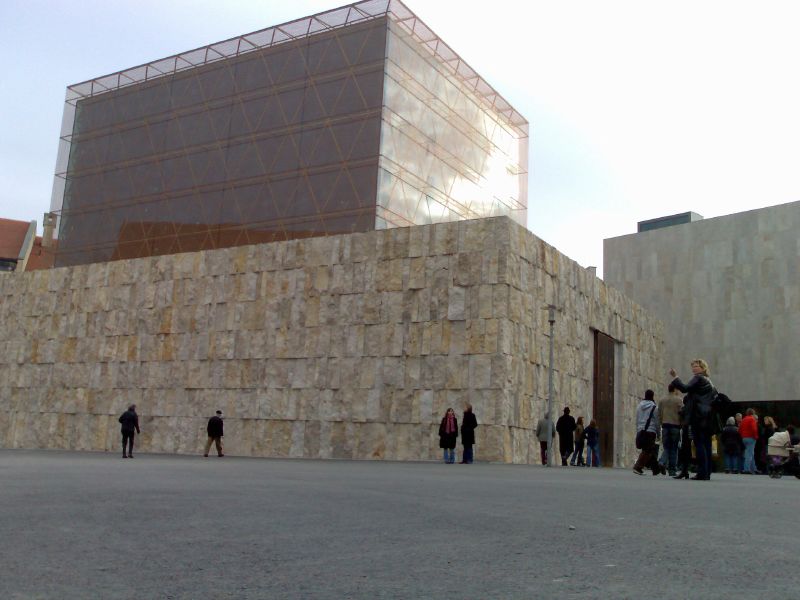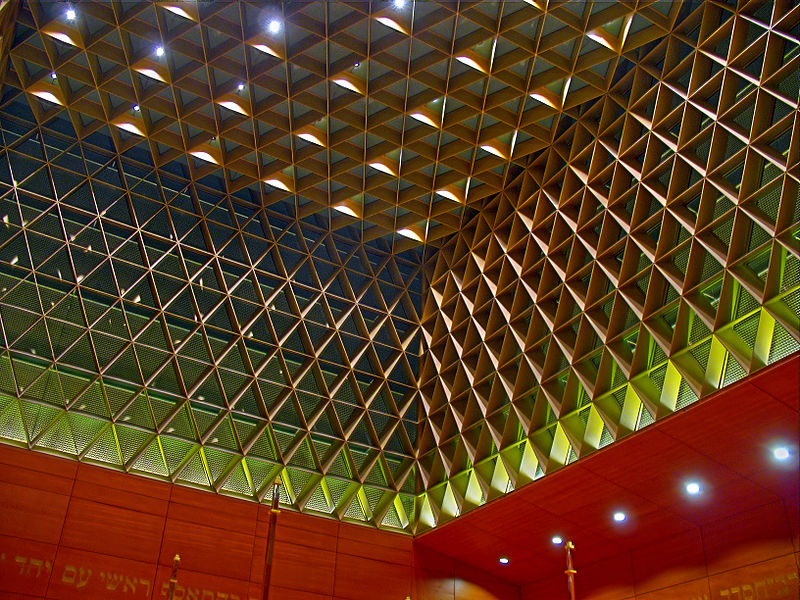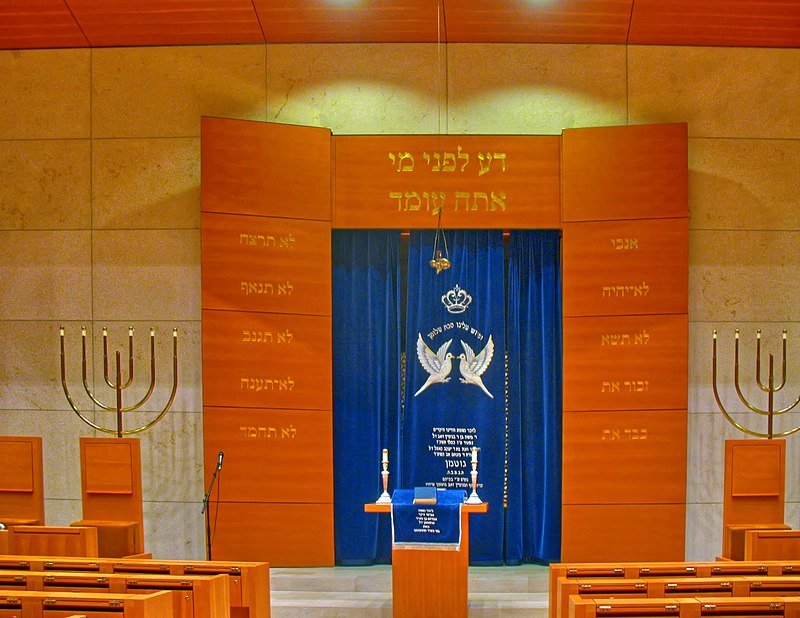Les traces de la présence juive à Munich remontent au moins au 13e siècle. Les juifs y jouissaient d’une synagogue et d’un mikvé.
Durant les quatre prochains siècles, les juifs furent tour à tour accueillis et plus régulièrement exclus de la Bavière, selon les dirigeants en place et les accusations de crimes rituels, leurs lieux de cultes détruits. Seuls quelques juifs demeurèrent alors à Munich.

Développement de la communauté juive
Ce n’est qu’au début du 19e siècle que la situation s’améliora pour les juifs munichois. Au tournant du siècle, y demeuraient 150 juifs. Ils furent graduellement intégrés à la ville et autorisés à participer aux activités citoyennes et commerciales. L’arrivée de juifs d’Europe de l’Est augmenta le nombre.
La montée du nazisme mit un terme à cette évolution. Suite à leur arrivée au pouvoir en 1933, les privations de droits et les violences contre les juifs s’accélérèrent.
L’exode d’une partie des 10 000 juifs munichois s’accéléra en parallèle. De 1933 à 1938, un tiers avaient ainsi quitté la ville. 4 500 furent ensuite déportés, seuls 300 retournèrent.

Reconstruction de la vie juive après la guerre
Les quelques survivants tentèrent après-guerre de reconstruire une communauté. Celle-ci se renforça, atteignant 3 500 membres au tournant des années 1970. En 1972, lors des Jeux olympiques organisés dans la ville, des terroristes palestiniens assassinèrent 11 athlètes israéliens.
Une librairie juive ouvrit en 1982 et, à la fin de la décennie, il y avait plus de 4 000 juifs munichois. Un chiffre qui augmenta encore, principalement grâce à la venue de juifs de l’ancienne Union soviétique après la chute du Mur de Berlin.
La synagogue libérale Beth Shalom a ouvert ses portes en 1995. Un centre communautaire juif fut inauguré en 2006, incluant une école, la synagogue Ohel Jakob, une bibliothèque et un musée.
Une des personnes responsables de la renaissance de la communauté juive munichoise fut Charlotte Knobloch. Enfant cachée pendant la guerre et fille de procureur, elle devint la présidente de la communauté juive de Munich. Elle mena le projet de construction du centre communautaire.
En 2025, la ville compte 9 500 juifs munichois, ce qui en fait la deuxième ville d’Allemagne en nombre.
